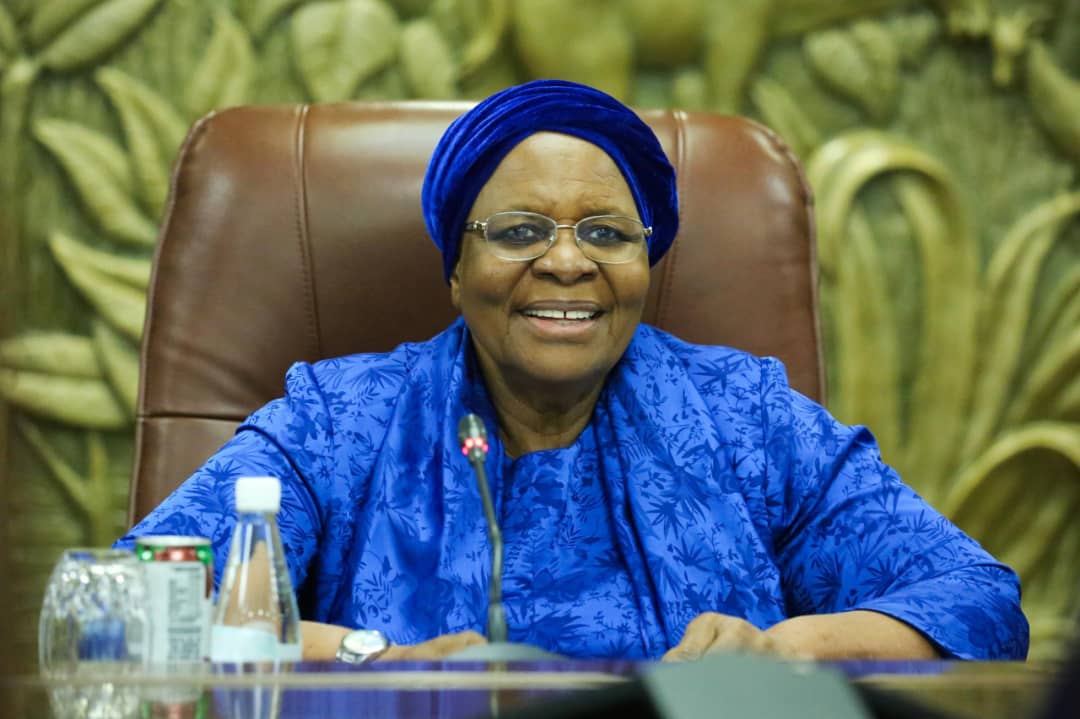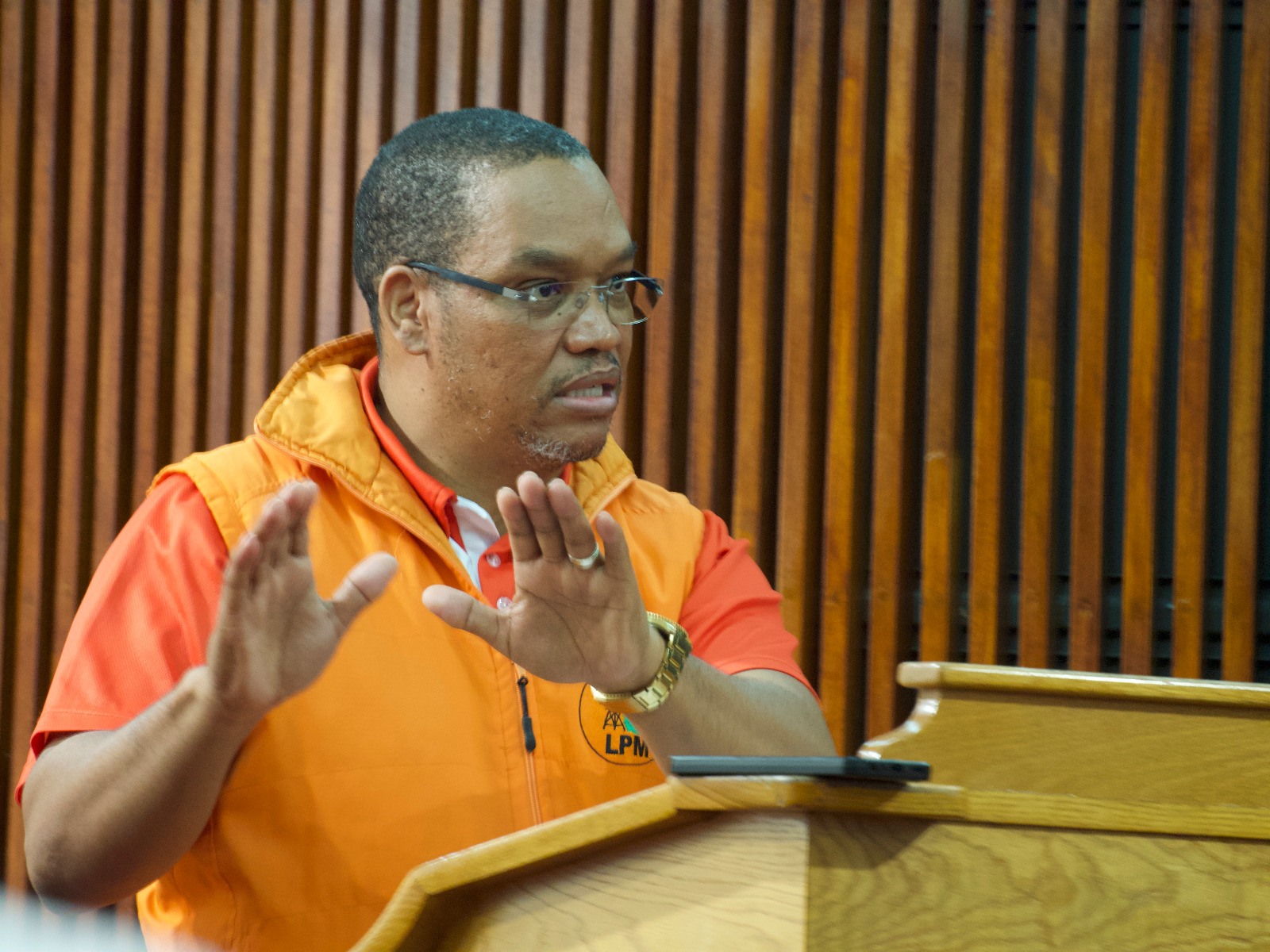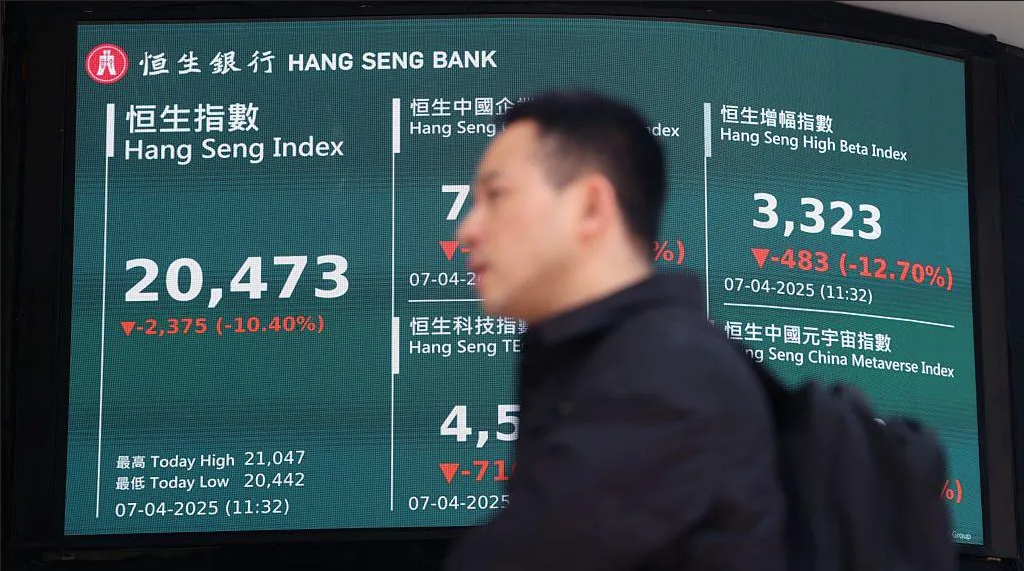BRUSSELS – European farmers said Monday that an agricultural deal on the table at upcoming World Trade Organisation talks would cost them billions of euros (dollars) and at least a half-million jobs.
Jean-Michel Lemetayer, the president of the European farmers’ lobby COPA, said EU Trade Commissioner Peter Mandelson was wrong when he claimed that failing to strike a deal in WTO talks that begin Friday would shut Europe off from freer global trade. “No deal is better than a bad deal, and the deal currently on the table is very bad,” Lemetayer said.The current proposal would slash farm subsidies and open up the EU to more agricultural exports such as Brazilian beef that costs far less to produce than European rivals.The farmers’ group said European consumers object to a deal that would make “consumers in the EU even more dependent on imports for their basic food supplies at a time of a world food crisis.””An agreement would mean huge losses for European citizens and scarcely anything in terms of gains,” COPA said.It said EU officials had failed to win concessions from Brazil, India and other developing nations that would allow Europe to export more machinery and electronics, and services such as telecommunications, in exchange for letting more foreign farm goods into Europe.”We challenge Peter Mandelson to name some concrete benefits he has gained so far for European citizens as a result of the negotiations on industrial goods or services,” it said.”It is clear our negotiators have yet to achieve anything (on services.)” Slashing subsidies and opening up exports would cut European farmers’ incomes by a quarter, COPA said, and cost them some US$47,5 billion every year – without seeing gains in other areas.This is far higher than a European Commission estimate that the farming sector would lose US$28,5 million.COPA said EU estimates only cover cereals, beef, pork, poultry and dairy, while its figure also includes sugar, rice, sheep and goat meat, fruit and vegetables and eggs.The group also said Europe’s food processing sector will be badly hit and could lose well over 500 000 jobs, as meat processors and other businesses might close.WTO negotiators offered new proposals last week for reforming the rules that govern the trade in farm and manufactured goods, as they geared up for a high-level meeting aimed at reaching a breakthrough on the Doha round of global trade talks.EU trade ministers will discuss the proposals Friday before ministers from about 30 major trading powers meet in Geneva the week of July 21 to seek agreement on the commerce liberalisation talks that started in Doha, Qatar’s capital, almost seven years ago.Rich and poor countries have haggled ever since over changes to global trade rules, with the fight between rapidly developing nations such as China, India and Brazil on the one hand and the United States and Europe on the other taking centre stage.Nampa-AP”No deal is better than a bad deal, and the deal currently on the table is very bad,” Lemetayer said.The current proposal would slash farm subsidies and open up the EU to more agricultural exports such as Brazilian beef that costs far less to produce than European rivals.The farmers’ group said European consumers object to a deal that would make “consumers in the EU even more dependent on imports for their basic food supplies at a time of a world food crisis.””An agreement would mean huge losses for European citizens and scarcely anything in terms of gains,” COPA said.It said EU officials had failed to win concessions from Brazil, India and other developing nations that would allow Europe to export more machinery and electronics, and services such as telecommunications, in exchange for letting more foreign farm goods into Europe.”We challenge Peter Mandelson to name some concrete benefits he has gained so far for European citizens as a result of the negotiations on industrial goods or services,” it said.”It is clear our negotiators have yet to achieve anything (on services.)” Slashing subsidies and opening up exports would cut European farmers’ incomes by a quarter, COPA said, and cost them some US$47,5 billion every year – without seeing gains in other areas.This is far higher than a European Commission estimate that the farming sector would lose US$28,5 million.COPA said EU estimates only cover cereals, beef, pork, poultry and dairy, while its figure also includes sugar, rice, sheep and goat meat, fruit and vegetables and eggs.The group also said Europe’s food processing sector will be badly hit and could lose well over 500 000 jobs, as meat processors and other businesses might close.WTO negotiators offered new proposals last week for reforming the rules that govern the trade in farm and manufactured goods, as they geared up for a high-level meeting aimed at reaching a breakthrough on the Doha round of global trade talks.EU trade ministers will discuss the proposals Friday before ministers from about 30 major trading powers meet in Geneva the week of July 21 to seek agreement on the commerce liberalisation talks that started in Doha, Qatar’s capital, almost seven years ago.Rich and poor countries have haggled ever since over changes to global trade rules, with the fight between rapidly developing nations such as China, India and Brazil on the one hand and the United States and Europe on the other taking centre stage.Nampa-AP
Stay informed with The Namibian – your source for credible journalism. Get in-depth reporting and opinions for
only N$85 a month. Invest in journalism, invest in democracy –
Subscribe Now!










